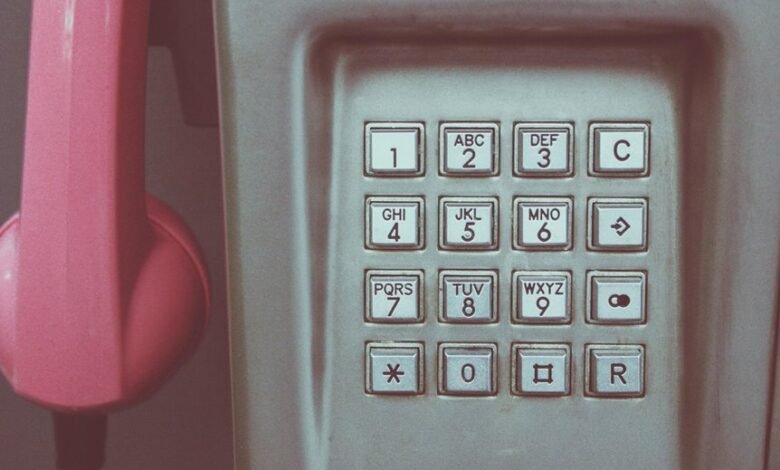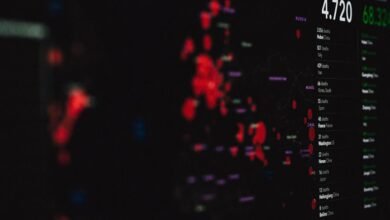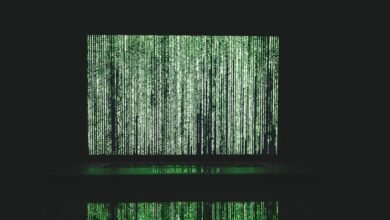Look Deeper Into 9199102684, 7048374157, 5412348342, 7376108098, 2538027256, 8553009240

The analysis of phone numbers such as 9199102684, 7048374157, and others reveals significant insights into their geographical origins and potential uses. Each area code corresponds to specific regions, influencing caller identity and intent. Telemarketing and spoofing are common concerns associated with these numbers. Understanding their implications is crucial for discerning legitimate calls from potential scams. What further insights can be gained from examining the patterns of these area codes and their associated risks?
Understanding the Area Codes and Their Significance
Area codes, typically consisting of three digits, serve as essential numerical identifiers within the North American telephone numbering plan.
Their origins reflect geographic boundaries, evolving with population shifts and technological advancements.
As phone number trends change, area codes gain significance in identifying regional identity and connectivity.
Understanding these codes provides insight into the structure of telecommunications and the social dynamics they represent.
Identifying Common Sources of These Phone Numbers
Numerous sources contribute to the generation of phone numbers, each with distinct characteristics and purposes.
Common origins include telemarketing calls, which often utilize specific number ranges, and spoofed numbers, employed to disguise the true identity of the caller.
Understanding these sources can help individuals recognize patterns and identify potentially unwanted communications, thereby enhancing their ability to maintain personal freedom and privacy.
Tips for Handling Unknown Calls and Numbers
How should individuals approach the challenge of handling unknown calls and numbers?
It is essential to prioritize personal security by blocking unknown callers and utilizing spam reporting features. Individuals should remain vigilant, avoiding engagement with suspicious numbers.
Researching the origins of persistent unknown callers can further enhance safety. Ultimately, maintaining control over communication channels fosters a sense of freedom and reduces unwanted disturbances.
Conclusion
In the intricate web of phone numbers, where area codes serve as mere breadcrumbs to one’s identity, the irony lies in our relentless pursuit of connection amidst potential deception. Each call, a siren’s song, beckons with promises of legitimacy, yet often conceals telemarketing traps and spoofed identities. Thus, in this age of communication, the real challenge becomes discerning genuine outreach from the cacophony of unsolicited calls, reminding us that security and curiosity are sometimes at odds in our digital dialogue.





